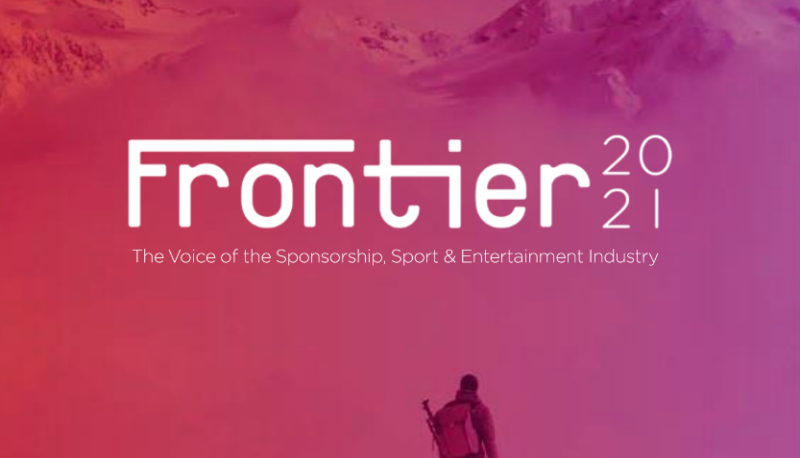Flexibility and purpose key to sports sponsorship in 2021, MKTG study finds
The sixth annual Frontier Study into the state of sports and entertainment sponsorship, undertaken by MKTG Sports + Entertainment, demonstrates how COVID has changed the way marketers and rights holders think about sponsorship.
The study was completed by more than 600 industry professionals from 30 countries including Australia, with respondents taken from brands, rights holders, and agencies working across sport, music, and entertainment, arts and culture, CSRs and charities.


